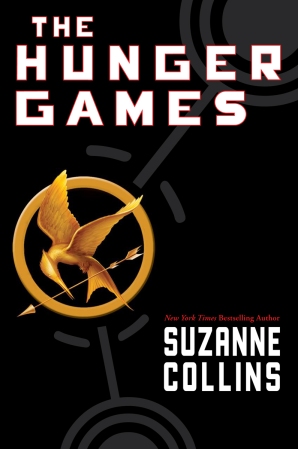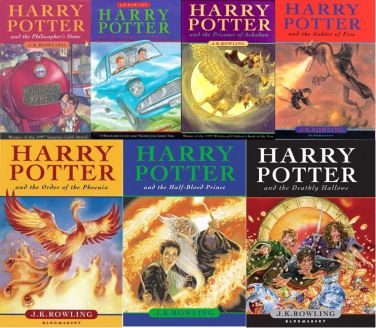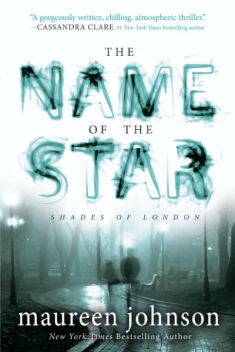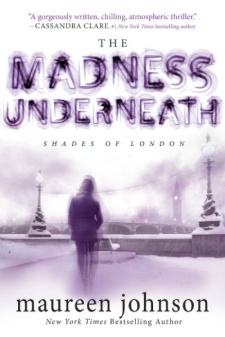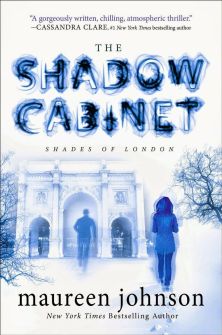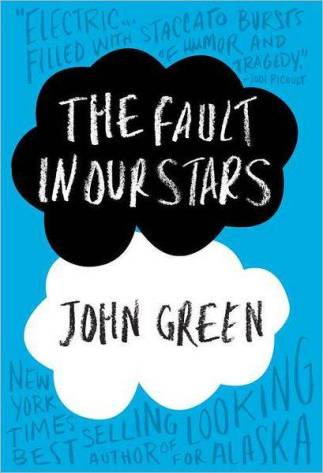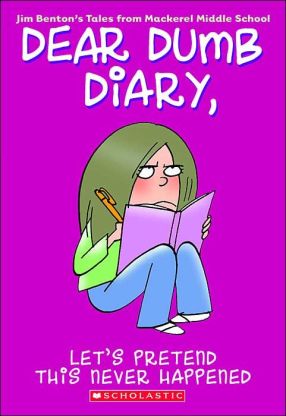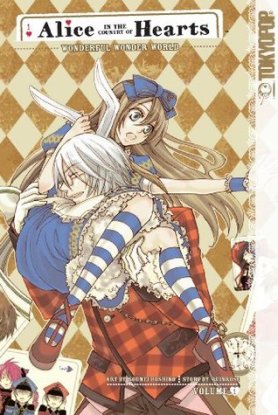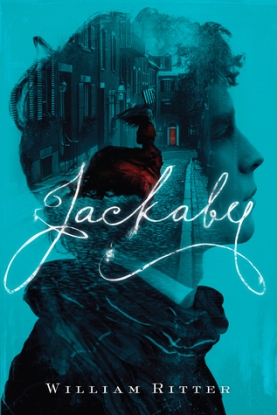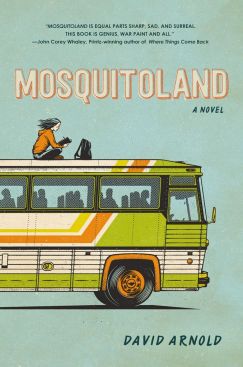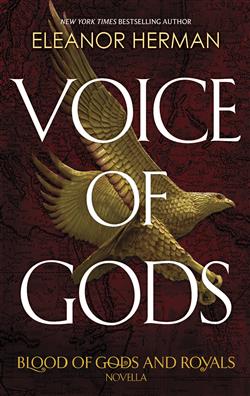I thought I’d do a quick post today about books with strong female protagonists for any age group. All too often lately, especially in YA, I find that a “strong” female character is defined as being sarcastic, witty (though this is always the author’s definition of witty and I rarely agree with them), and ready to run head-on into dangerous situations. While sometimes this works, there are other ways for a female protagonist to be strong and a good role model, so I’m going to give some examples.
Warning: some spoilers ahead.
Katniss Everdeen
Katniss is the first example to pop into my head because yeah, while she volunteers for the Hunger Games, I wouldn’t call it “running head-on into danger” because she’s only doing it to save her sister. I also really loved how she didn’t fall into the classic YA trope of falling for Peeta, but instead she used him and manipulated his feelings to her advantage in order to get them both out alive. What I loved about this was that the author understood that it wouldn’t really make sense for Katniss to fall head-over-heels for Peeta in a situation like this, and also that characters’ feelings are much more complicated than “girl meets cute boy, girl falls in love.”
Hermione Granger
Hermione is amazing. She’s smart, she’s the only girl in a group of three with two other guys, she’s headstrong, she holds true to her beliefs, and she makes tough decisions even if it means almost losing the person she loves the most in the world. I love Hermione for a load of reasons, but what I really loved was that, throughout the Harry Potter series but especially in the last book, there were more important things at stake than her feelings for Ron. There were more important things at stake in general, and she even wiped her parents’ memories to protect them while sacrificing her relationship with them. Hermione is, in my opinion, the definition of selfless and I admire her so much.
Also, does anyone remember her movement to help the House Elves? They never had it in the movies, but it was GREAT.
Rory Deveaux
Rory is from Maureen Johnson’s Shades of London series, and she is seriously kick-ass. The dialogue throughout the entire book is intelligent and interesting without being annoyingly sarcastic or trying too hard at being witty, and it’s not just her that is able to maintain these features. There’s a love interest, but she’s kind of just fooling around—she has more important things on her mind than the feelings of some boy. While this turns a little bit with book 3, Rory’s feelings are always kind of off to the side with the main issue at hand being the evil ghosts and what is going to happen with the world. There are more important things for Rory to focus on, and while she’s sad and misses the person she loves, she has perspective and knows what needs to come first.
Hazel Grace Lancaster
I’ve been harping pretty heavily on the love stories in these books, so I want to make it clear that I’m all for a good love story if the girl or boy isn’t stupid about it. Hazel is a great character, in my opinion, because she’s flawed, and not in the ways that are so commonly written (such as an overuse of sarcasm or misunderstood wit). She’s a little bit self-centered (for example, thinking that her parents would sit around doing nothing after she died), which I really like because it’s so realistic. Nobody’s perfect, and Hazel is written that way EXTERNAL to her illness. I also loved that Gus obviously thinks she’s gorgeous and is all over her, but not every guy she comes across trips over his feet in her presence. This isn’t a Bella Swan situation where she thinks she’s ugly but every guy within a five mile radius wants to get in her pants. I also really liked that she pushed Gus away for a little while before finally giving in to her feelings. It shows a lot about her strength as a person, I think, especially in comparison to other YA females who give in easily to their feelings for the hot guy. Also, the way she handled Gus’s death was heartbreaking but so wonderfully mature.
Jamie Kelly
The Dear Dumb Diary series is a series that I’m not ashamed to say I read until I was eighteen years old. These books are hilarious, and Jamie is the epitome of what I hope my child will be someday. She’s smart, funny, is keenly observational, but is also heavily, heavily flawed. She is, after all, just a kid. But I love that, as a girl, she still does what some would call “gross” things and she has a crazy best friend (Isabelle). Basically, she’s just a regular girl, not what society wants to define as a “girl.” She’s not really “lady-like,” she has an equal amount of guy friends to girl friends (though her best friends are girls), and her biggest concerns are not getting punched by Isabelle and finishing her homework on time. I love it.
Who do you think makes a strong female protagonist?
-Ember Book Reviews

